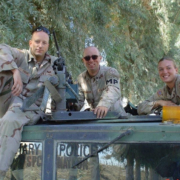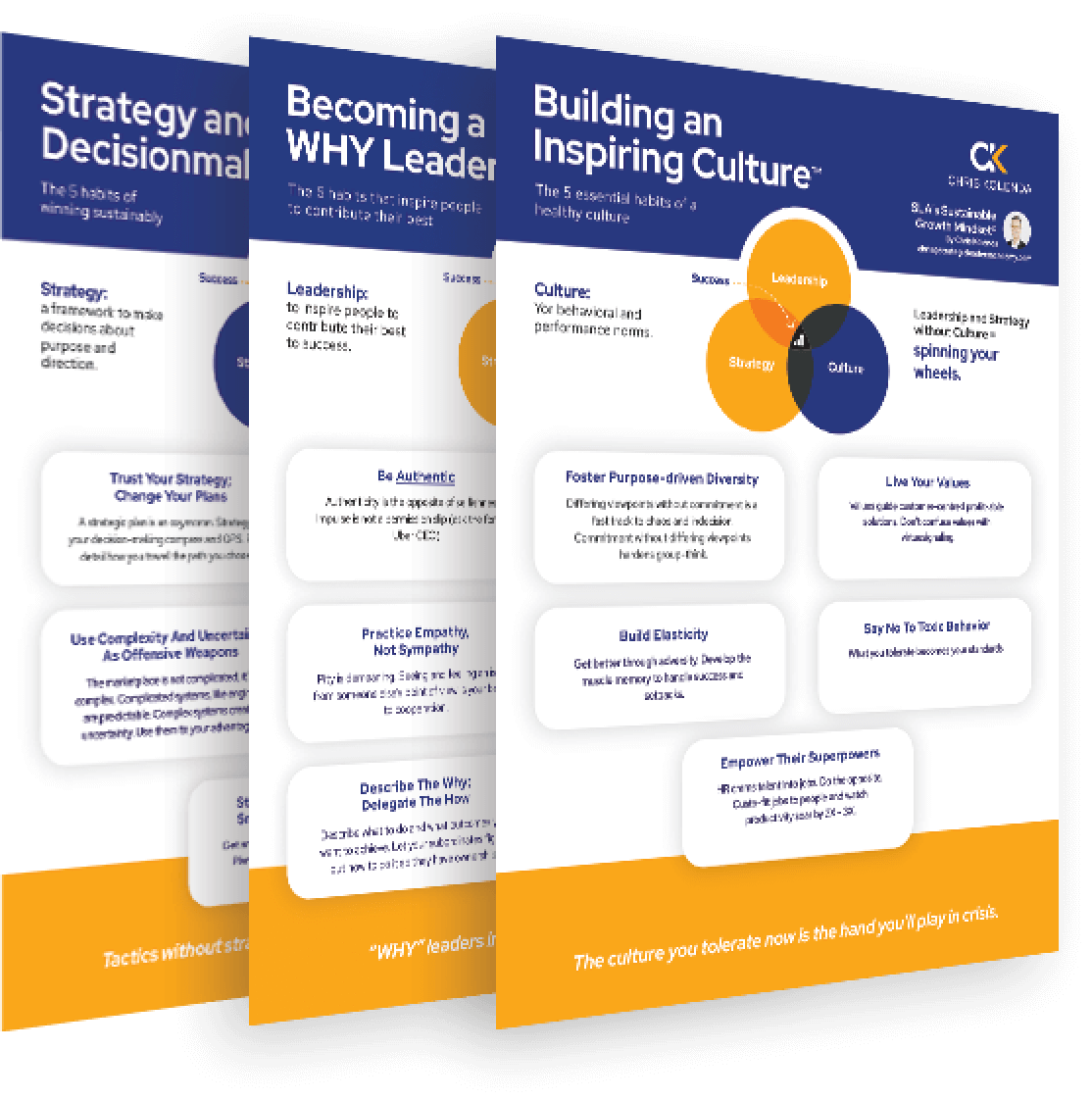Stanford’s Psychological Hostility: Learn to Disagree Agreeably
Stanford Law School students’ mob censorship of a federal judge was an exercise in close-minded self-harm.
Psychological safety cannot co-exist with self-censorship. To paraphrase abolitionist Frederick Douglas, there can be no psychological safety when people feel compelled to suppress their views. Such self-censorship also violates the listener, who is deprived of learning those views.
Why it matters
CEOs need to encourage people to disagree agreeably to create a climate in which people feel safe to challenge “the ways we’ve always done it,” offer fresh ideas, and raise problems before they become crises.
Captain Nathan Springer attended an opening ceremony for a completed project in Afghanistan. A pipe scheme to bring water from a mountain spring to two villages was finished and ready to open spigots. Nate had been in the area only for a few weeks and had nothing to do with the project’s execution. He was on the dais as the new senior American in the area.
As the taps turned on, an Afghan elder began yelling at Nate and took a swing at him. The district governor and police chief restrained the assailant; Nate was bewildered. “Why was this guy trying to hurt me?” Others shouted down the irate elder.
He had every right to detain the elder on the spot or to dismiss him as a Taliban-loving lunatic.
Instead, Nate got curious. “What can I learn?” He asked Iqbal, his cultural advisor, to help him understand why this elder was so angry that he would place himself at such high risk. He learned that the mountain spring served three villages, but the pipes only went to two. The outraged elder was from the third and feared that the people’s lives in his village were in jeopardy.
Nate met with the village elders, apologized for the problem (even though he had nothing to do with it), and promised to fix it. He spent some time understanding their views on several matters, built a relationship, and turned a village ready to support the Taliban into a staunch ally.
Nate and I co-authored the final chapter of Leadership: The Warrior’s Art which discusses this story and several other practical examples of empathy and courage.
Disagree Agreeably
It’s too bad the Stanford students, enabled by an associate dean, did not have the wisdom to hear the views of someone they disagreed with. They probably would have discovered new ways of thinking about legal issues, developed fresh ideas about addressing them, and innovated ways to put their clients in the best positions to succeed.
Nate’s curiosity, respect, and empathy won new allies. Stanford’s students won more animosity.
What steps are you taking to encourage people to disagree agreeably?
What skills do your employees need to raise concerns and offer new ideas successfully?
You can encourage people to speak their minds, but you likely have some conflict-avoidant employees who keep their views to themselves because they do not have the tools to disagree agreeably. Their silence results in missed opportunities to prevent problems and seize opportunities.
Join the event
If you’d like to help your employees disagree agreeably, join my Live with Chris seminar on April 6, 2023 at Noon Central.
You’ll get 15 minutes of actionable content and 15 minutes for questions. We end promptly at 30 minutes.
Live with Chris sessions are available to people in my private community. Register here, then go to Chris’s Groups / Live with Chris.
Stanford students are welcome!
When you get good at getting better, you can achieve big goals in the laziest way possible.
Schedule a call with Chris today to start getting good at getting better.












